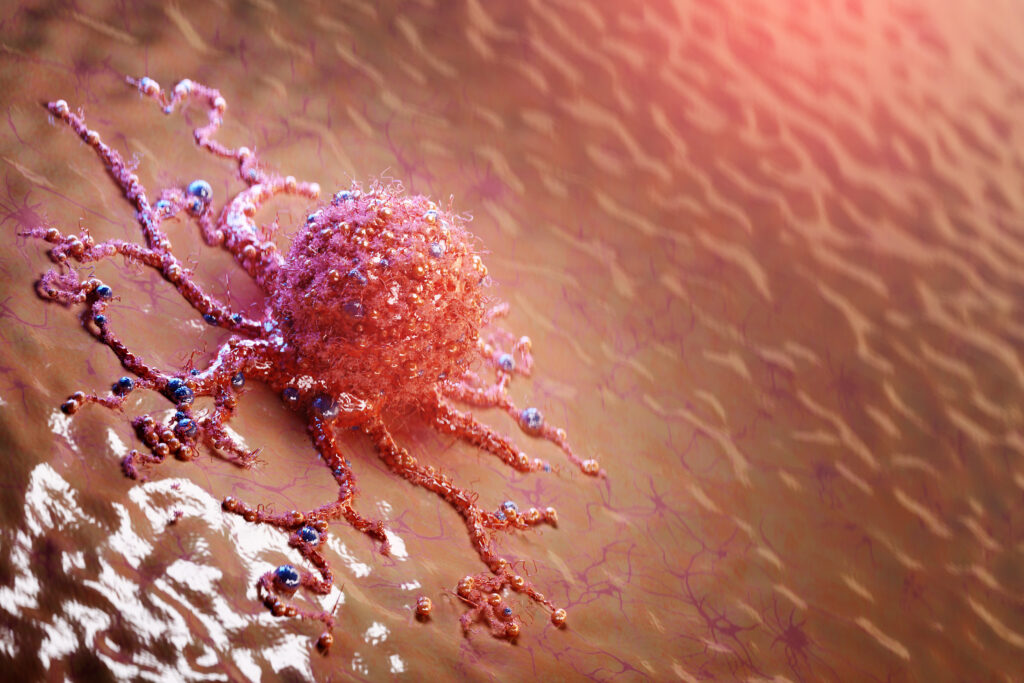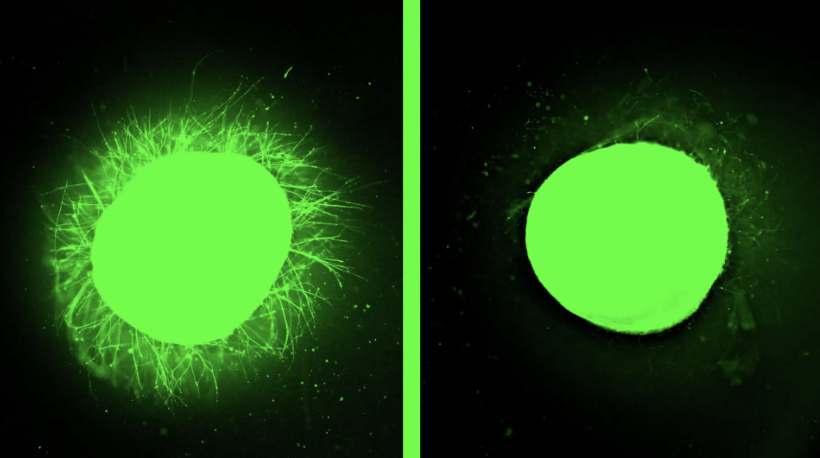Scientists at the University of California San Diego have developed a new AI-driven approach that could change how we treat some of the most stubborn forms of cancer. Their method targets cancer stem cells – rare, shape-shifting cells that help tumors spread, resist treatment, and return even after therapy.
Using a machine learning tool called CANDiT (Cancer Associated Nodes for Differentiation Targeting), the team identified treatments that can reprogram cancer stem cells, restoring their healthy behavior and ultimately triggering them to self-destruct. In colon cancer studies, CANDiT analyzed data from more than 4,600 human tumors and pinpointed a new therapeutic target: PRKAB1, a stress-response protein. When activated by an existing drug, PRKAB1 restored the tumor-suppressor gene CDX2, reprogramming cancer stem cells into a normal-like state – until they voluntarily collapsed.

To validate these findings, the researchers used patient-derived organoids from UC San Diego’s HUMANOID™ Center – miniature, lab-grown replicas of real tumors. These organoids faithfully reproduce human tumor biology, enabling researchers to test how safely and precisely a therapy works before it reaches clinical trials. By combining AI-guided discovery with human-relevant organoid models, the study shows a faster, safer way to move from data to therapy – compressing timelines from years to months. Early simulations across 2,100 patient cases suggest this approach could cut recurrence and mortality risk by up to 50% in colon cancer. “This isn’t just about colon cancer,” said Pradipta Ghosh, M.D., senior author and director of the HUMANOID™ Center. “CANDiT is an end-to-end human roadmap – we can apply it to any tumor, find the right targets, and finally take aim at the cells that have been the hardest to define, track or treat”.
Research article: CANDiT: A machine learning framework for differentiation therapy in colorectal cancer
Lambda Biologics’ Oncology Solutions: Patient-derived cancer organoid-based drug evaluation service
Gastric Cancer Organoid | Breast Cancer Organoid | Hepatocarcinoma Cancer Organoid | Pancreatic Cancer Organoid



